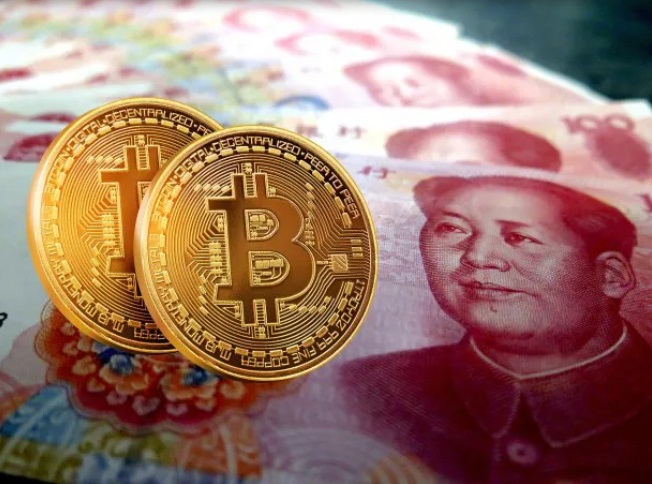China has not passed any legislation regulating cryptocurrencies. However, it analyzes launching the virtual yuan.
The crypto market is a global phenomenon, as we well know the number of investors who decide to trust it is increasing day by day.
It also has certain peculiarities as it is a virtual market where transactions are carried out through digital platforms.
Over time we have been able to see how the new agents in this market are increasing from investors to financial intermediaries, as well as the different tokens and currencies that are being created.
In this article we will take a tour of the existing regulations in relation to the crypto market in Asia.
China
Likewise, China has not passed any legislation regulating cryptocurrencies. Regulators do not recognize cryptocurrencies as legal tender or a tool for retail payments, and the Chinese banking system does not accept any existing cryptocurrencies or provide relevant services.
In a 2013 circular, the government defined Bitcoin as a virtual product, but by warning citizens about the risks of virtual products, it allowed them to freely participate in the online trade of such products.
However, in recent years, especially since September 2017, the government has taken a series of regulatory measures to clamp down on activities related to cryptocurrencies, mainly due to concerns about the financial risks associated with said currencies.
Yet recently the Chinese government decided to launch the first stablecoin backed by central bank reserves known as the Digital Yuan.
The practice of raising funds through Initial Coin Offerings (ICOs) is completely prohibited in China.
On September 4, 2017, seven Chinese central government regulators: the People’s Bank of China (PBOC), the China Cyberspace Administration (CAC), the Ministry of Industry and Information Technology (MIIT), the State Administration of Industry and Commerce (SAIC)), the China Banking Regulatory Commission (CBRC), the China Securities Regulatory Commission (CSRC) and the China Insurance Regulatory Commission (CIRC), jointly issued the Notice on Financial Risk Prevention of the Initial Coin Offerings (ICO Rules) for purposes of investor protection and prevention of financial risks.
Under the ICO Rules, ICOs that raise cryptocurrencies like Bitcoin and Ethereum through the irregular sale and circulation of tokens are essentially participating in public funding without official authorization, which is illegal. The ICO Rules warn that financial crimes may be involved in ICOs, such as illegal issuance of tokens or securities, illegal fundraising, financial fraud, or pyramid selling.
The cryptocurrencies involved in ICOs are not issued by the country’s monetary authority and, therefore, are not mandatory legal tender. They do not have the same legal status as fiat currencies and “cannot and should not circulate and be used in the market as currencies.”
India
Cryptocurrency regulation in India is confusing. The country’s central bank caused controversy when it abruptly announced that banks would stop serving crypto-focused companies, a move that put several exchanges out of business. The government planned to go further, drafting proposals that would mean that anyone caught handling cryptocurrencies risked a jail term of up to 10 years.
Precautionary measures took a steep incline when the RBI circular dated April 6, 2018 – Ban on Trading Virtual Currencies11 (“RBI Circular”), imposed a substantial ban on dealing with VCs.
The RBI Circular, effective immediately, mandated that RBI regulated entities will not negotiate with VC or provide services to facilitate the deal or settlement of VC to any person or entity.
These services included account maintenance, registration, trading, settlement, clearing, granting loans against virtual tokens, accepting them as collateral, opening accounts of the exchanges dealing with them, and transferring / receiving of money in accounts related to the purchase / sale of venture capital. , individuals or companies dealing with venture capitalists who required assistance from such entities were practically unable to continue their operations.
In addition, it was established that the regulated entities that have already provided such services will leave the relationship within three months after the date of the RBI Circular.
As a result of this ban, venture capital exchanges took a massive hit and were unable to sustain their already established businesses.

